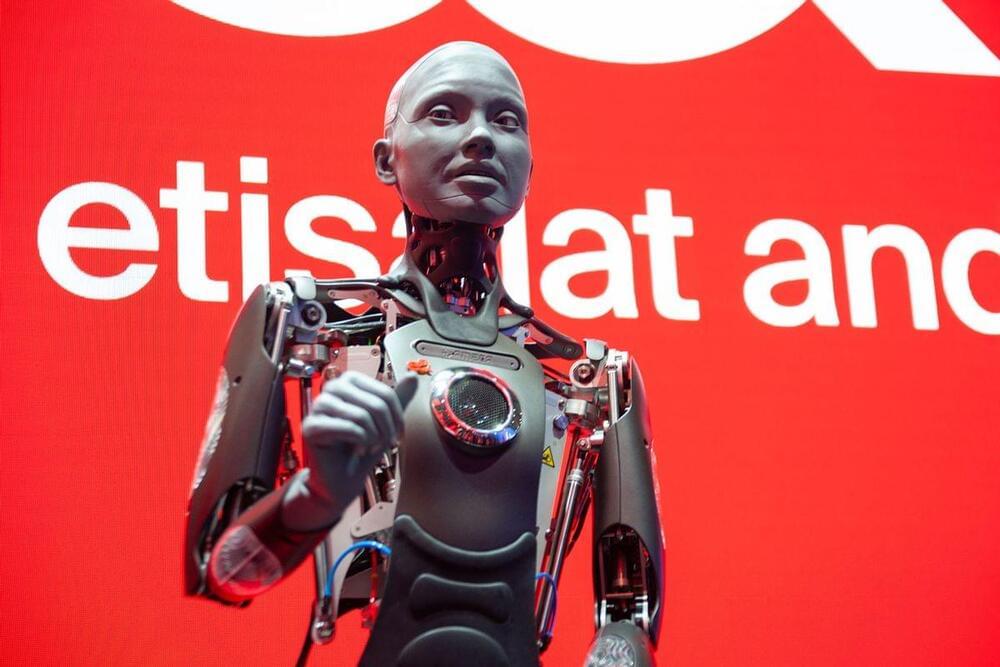Brooks himself is among the philosophers who have previously said giving AI sensory and motor skills to engage with the world may be the only way to create true artificial intelligence. A good deal of human creativity, after all, comes from physical self-preservation — a caveman need only cut himself once on sharpened bone to see its use in hunting. And what is art if not a hope that our body-informed memories may outlive the body with which we formed them?
If you want to get even more mind-bent, consider thinkers like Lars Ludwig, who proposed that memory isn’t even something we can hold exclusively in our bodies anyway. Rather, to be human always meant sharing consciousness with technology to “extend artificial memory” — from a handprint on a cave wall, to the hard drive in your laptop. Thus, human cognition and memory could be considered to take place not just in the human brain, nor just in human bodily instinct, but also in the physical environment itself.
